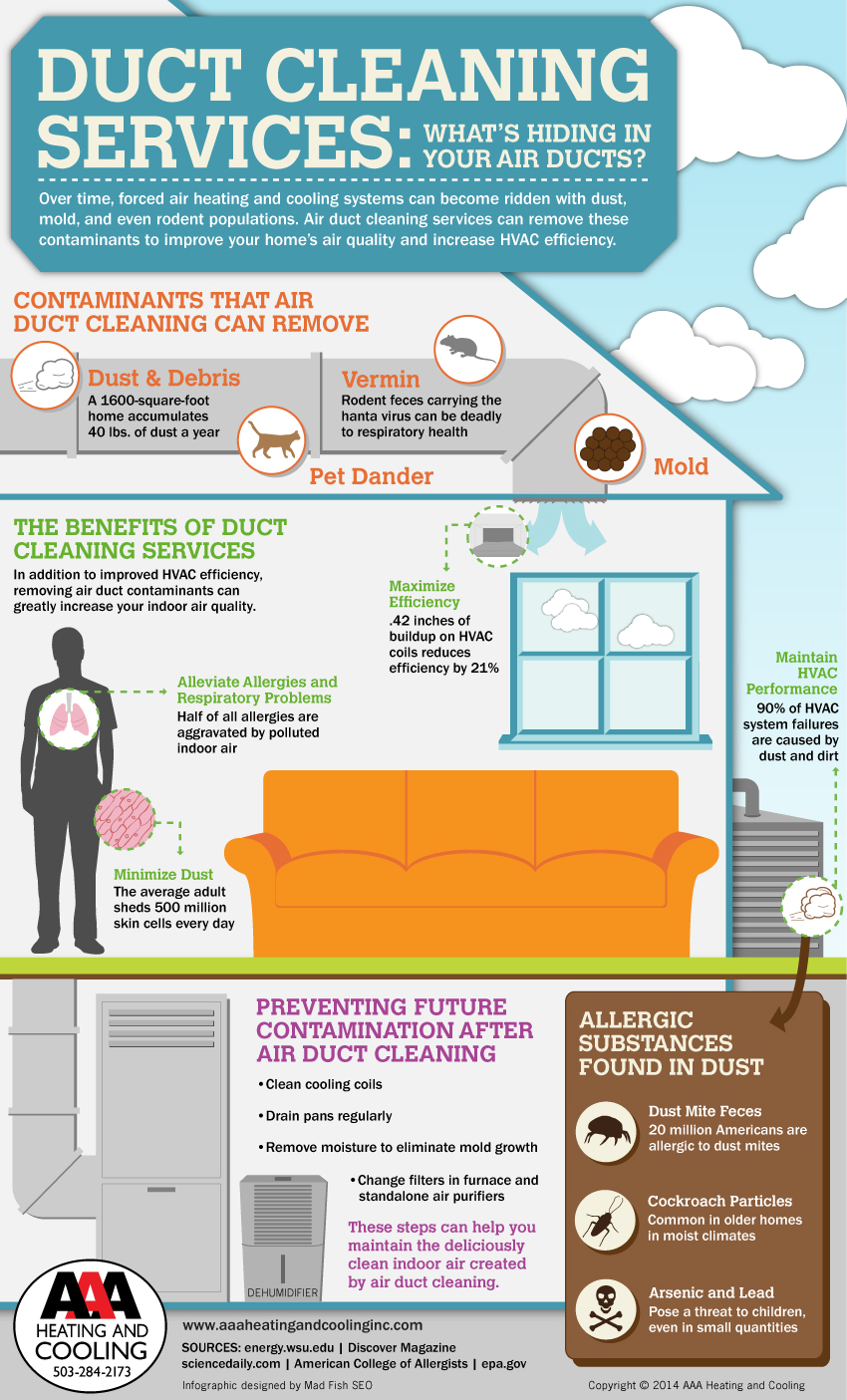The Future Of Home Heating - Just How Heat Pump Modern Technology Is Evolving
The Future Of Home Heating - Just How Heat Pump Modern Technology Is Evolving
Blog Article
Composed By-Baker McCormick
Heat pumps will be an important modern technology for decarbonising heating. In a circumstance regular with governments' introduced energy and climate commitments, their international capacity increases by 2030, while their share in home heating rises to one-quarter.
They work best in well-insulated homes and rely on electricity, which can be supplied from a sustainable power grid. Technical breakthroughs are making them a lot more efficient, smarter and less expensive.
Gas Cells
Heatpump utilize a compressor, refrigerant, coils and followers to move the air and heat in homes and devices. They can be powered by solar power or electricity from the grid. They have actually been acquiring appeal due to their affordable, silent operation and the ability to generate electrical power throughout peak power need.
simply click the next site , like IdaTech and BG MicroGen, are working with gas cells for home heating. These microgenerators can change a gas boiler and create a few of a residence's electric demands with a link to the electrical power grid for the rest.
Yet there are reasons to be doubtful of using hydrogen for home heating, Rosenow claims. It would be pricey and ineffective contrasted to various other technologies, and it would certainly include in carbon exhausts.
Smart and Connected Technologies
Smart home innovation allows property owners to attach and regulate their gadgets remotely with the use of smart device apps. For instance, smart thermostats can learn your home heating preferences and immediately get used to optimize energy usage. Smart lighting systems can be managed with voice commands and immediately switch off lights when you leave the room, lowering energy waste. And smart plugs can keep track of and manage your electrical use, enabling you to identify and limit energy-hungry home appliances.
The tech-savvy household portrayed in Carina's meeting is a good picture of how occupants reconfigure area heating techniques in the light of brand-new smart home innovations. They count on the tools' automatic functions to accomplish day-to-day modifications and concern them as a convenient means of performing their heating methods. Therefore, they see no factor to adjust their methods better in order to make it possible for versatility in their home power demand, and treatments targeting at doing so might face resistance from these households.
Electricity
Considering that heating homes represent 13% people emissions, a button to cleaner choices might make a big distinction. But the technology faces difficulties: It's expensive and requires extensive home improvements. And it's not always suitable with renewable energy sources, such as solar and wind.
Till recently, electric heat pumps were also pricey to compete with gas models in many markets. However new innovations in style and materials are making them more budget-friendly. And much better cool environment performance is enabling them to function well also in subzero temperatures.
The following step in decarbonising home heating may be using heat networks, which draw warmth from a main resource, such as a neighboring river or sea inlet, and distribute it to a network of homes or structures. That would certainly minimize carbon exhausts and enable households to capitalize on renewable energy, such as environment-friendly electrical power from a grid provided by renewables. Read Significantly more would certainly be less costly than switching over to hydrogen, a nonrenewable fuel source that needs new framework and would just reduce carbon dioxide discharges by 5 percent if coupled with boosted home insulation.
Renewable resource
As electrical energy rates go down, we're starting to see the same fad in home heating that has driven electrical cars into the mainstream-- yet at an even quicker rate. The solid environment case for electrifying homes has been pressed further by new study.
Renewables make up a considerable share of contemporary warm intake, but have been provided minimal policy attention worldwide compared to other end-use industries-- and even less attention than electrical energy has. In part, this reflects a mix of consumer inertia, divided incentives and, in lots of countries, aids for nonrenewable fuel sources.
New technologies can make the shift simpler. For instance, heat pumps can be made much more power efficient by changing old R-22 refrigerants with new ones that don't have the high GWPs of their predecessors. https://juliusriype.theisblog.com/29519355/exploring-the-environmental-benefits-of-heat-pumps-a-lasting-home-heating-service envision area systems that attract warmth from a close-by river or sea inlet, like a Norwegian arm. The cozy water can then be used for heating & cooling in a neighborhood.